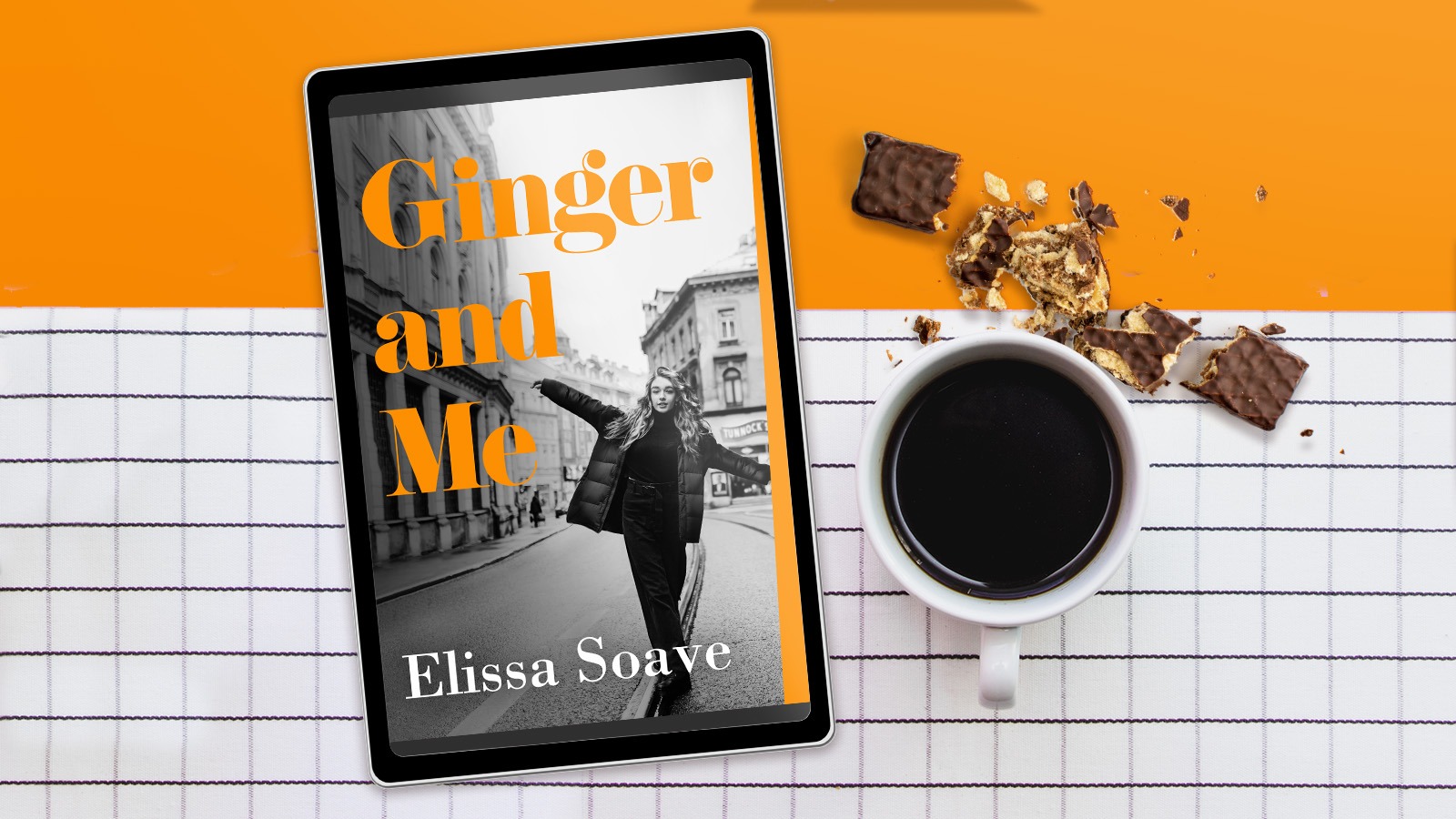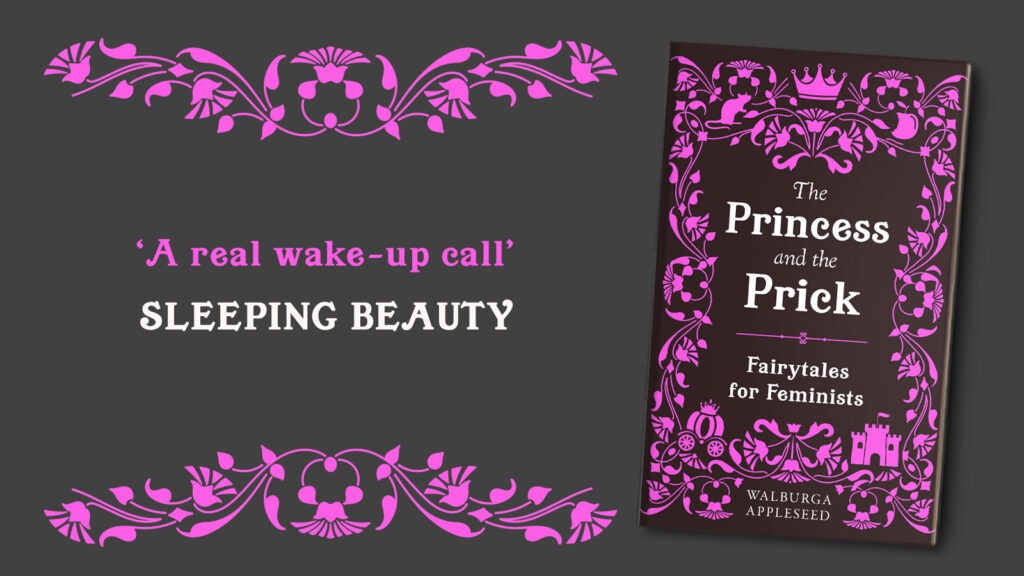Scottish debut author of Ginger and Me, Elissa Soave has been described by many times as a ‘working class’ writer. But is she? Elissa is on the blog today to discuss the class barrier in the publishing industry, and what her upbringing was like.
I’m a working class writer – Or am I?
My novel, Ginger and Me, features a young working class woman called Wendy. At least she thinks she’s working class. When local author, Diane Weston, tweets that ‘working class voices matter’, Wendy muses, ‘I’d never really thought about what class I was – Dad didn’t work for a long time but Mum always worked, sometimes three jobs at a time. And I loved my work [as a bus driver], so that was probably enough to qualify me as working class.’
Like Wendy, I hadn’t thought about what class I was for a long time until I started writing. Of course, class is a slippery word, and pinning down your class can be more difficult than it seems at first blush. In my case, if I tell you that my father owned his own business, that we lived in a large house in a fairly affluent part of Uddingston, that we had Italian holidays every summer, that my brother and I both went to university, to study Accountancy and Law respectively, so far so middle class, you’d think?
But what if I tell you my dad’s business was putting adverts in the local paper, looking for old three-piece suites and cookers which he’d then go out in his van and buy, lug back to our garage where my mum would clean them up, then they’d put another advert in the paper offering these same items for sale for 20 or 30 quid more the following week? If I told you they operated purely on a cash-in-hand basis, some weeks making nothing at all. What if I told you, we owned our own house but paying the mortgage was such a struggle financially that sometimes my mum hid from us when the ice-cream van came because they couldn’t afford to buy us all cones. That our holidays to Italy were to a broken-down casetta that was owned by a cousin of my dad’s, where we all had to sleep on sleeping-bags on the floor (and which I can see now was no holiday at all for my mum as she had to magic up meals from the makeshift kitchen with the cockroaches scrabbling round her feet). That my brother and I both went to university on a full grant (not a loan), which meant no tuition fees and also a maintenance allowance for each of us. I don’t sound so middle class then.
I count myself extremely fortunate to have come of age at a time when someone like me could go to university and study Law, without having to worry about fees or cost of living. Although I never once considered my class as a barrier to entry – I went to law school at sixteen, still naïve enough to believe that good exam results were all that mattered – looking back, I can see there probably were instances where others considered me to be different from them. I had no connections in the legal profession whilst the fathers (and it was fathers rather than mothers) of a large number of my classmates were themselves solicitors and in one case, a Sheriff Principal, with whom I had lunch – at the same time as my dad was shifting cookers and suites. I assumed everyone asked me what school I went to to find out where I came from geographically. ‘Near Hamilton’, I sometimes answered, which of course was not what they wanted to know at all.
After university, I went on to work for several ultra-blue chip companies, including Oxford University Press, the Institute of Chartered Accountants of Scotland, and Edinburgh-based fund manager, Baillie Gifford. Although I was more aware of class differences by then, and the fact that there were many times when I was the only person at meetings who sounded like me, I never let it bother me. On the contrary, I often thought a lot of people were there because of their privileged background; I was there as a result of talent and hard work. Perhaps I am just naturally thick-skinned – a useful trait for a writer.
The issue of class arose again more recently when, as a debut novelist, I often find myself being described as a working class writer. Indeed, it seems that in the London-centric world of publishing, just being Scottish is enough to raise the assumption that you are working class. But I remain ambivalent about describing myself as working class, not because I am ashamed of my background – far from it – but because I’m no longer sure whether I have the credentials to do so. After all, I’ve had access to the most middle class of professions for years, and certainly, the upbringing of my own children has been far different to mine.
But it’s more than not wanting to claim a status for myself that I’m not sure I have the right to. There are real barriers to entry and progression in the world of writing and publishing for working class writers. I worry that if I emphasize my working class roots, I am suggesting that I have faced these barriers and overcome them, and if I can do it, anyone can. No. I had the good fortune to have access to higher education regardless of class, privilege, or my parents’ earning capacity. Of course it takes more than free education to resolve very complex issues around how the industry is structured, who the gatekeepers are, and why the simple fact of being working class means you have to work twice as hard, and be twice as good, as any middle class writer just to get your foot in the door. Nevertheless, I am conscious that my own free education and the opportunities it has afforded me, has meant that I have not had to fit in writing around three jobs whilst worrying about money, I have not had people tell me that someone like me can’t be a writer, I have not wondered hopelessly about how to access such a middle class industry like publishing, or worried that my lack of education makes me somehow not good enough. These are real and current issues faced by many working class writers and I don’t want to pretend that I have overcome them.
It’s trite to say that class is a nebulous concept, of course it is. We can be unsure of our own class, generations can move between classes, and some can stubbornly insist that class makes no difference at all. But even if I remain uncertain about how to define class, or where a sociologist would place me on the class spectrum, I am certain that more needs to be done to break down class barriers in publishing so that little-heard and exciting voices can be discovered.
Ginger and Me is out now.





